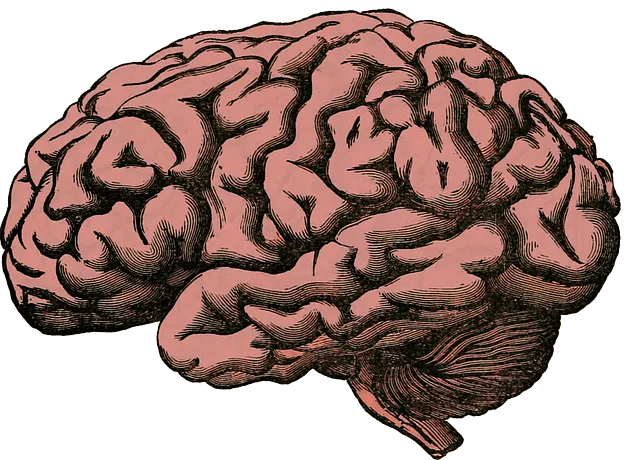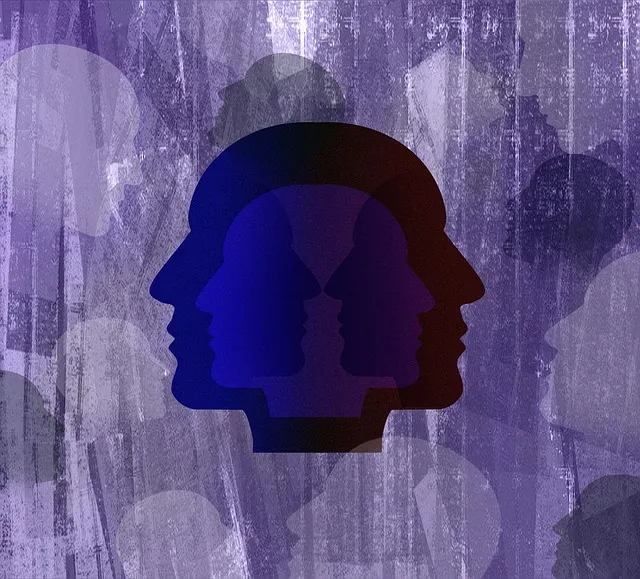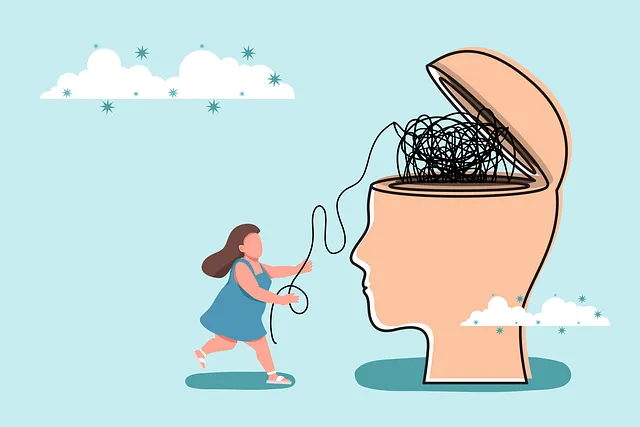Cultural competency is key to effective mental health care in diverse communities like Lone Tree, where residents access services through Kaiser Permanente. By addressing healthcare provider biases and incorporating tailored stress reduction techniques, Kaiser can improve patient trust and satisfaction, leading to better health outcomes. Interactive workshops and stress management programs enhance cultural sensitivity, fostering inclusive environments that meet the unique needs of Lone Tree's diverse population. Regularly evaluating training success ensures culturally competent practices among providers, ultimately improving access to quality mental health services for all residents seeking care through Kaiser in Lone Tree.
“In today’s diverse society, healthcare provider cultural competency training is vital for ensuring equitable access to quality care. This article explores the significance of understanding cultural competency in healthcare, focusing on its impact on mental health service access. We delve into a case study of Lone Tree, CA, where residents navigate mental health services through Kaiser, highlighting challenges and successes. Effective training strategies are discussed, along with methods for measuring the success of cultural competency programs. By understanding cultural biases, providers can improve patient outcomes and create inclusive healthcare environments.”
- Understanding Cultural Competency in Healthcare: Why It Matters
- The Impact of Cultural Biases on Mental Health Care Access
- Lone Tree, CA: Navigating Mental Health Services with Kaiser
- Effective Training Strategies for Healthcare Providers
- Measuring Success: Evaluating Cultural Competency Programs
Understanding Cultural Competency in Healthcare: Why It Matters

Cultural competency is a vital aspect of healthcare that ensures providers can offer quality services to patients from diverse backgrounds. It involves understanding and respecting different cultural beliefs, values, and practices, and adapting care approaches accordingly. In the vibrant community of Lone Tree, where individuals seek various mental health services through Kaiser, this competence is especially crucial.
By incorporating effective communication strategies and stress reduction methods, healthcare providers can create a safe and inclusive environment. This, in turn, enhances patient trust and satisfaction, leading to better health outcomes. Moreover, building resilience within the provider-patient relationship allows for more nuanced care, addressing not just physical symptoms but also the unique mental health needs of each individual, including those who may have specific cultural requirements or preferences.
The Impact of Cultural Biases on Mental Health Care Access

Cultural biases can significantly impact an individual’s ability to access mental health care, especially in diverse communities. These biases, often unconsciously held by healthcare providers, may lead to misdiagnoses or inadequate treatment plans. For example, a provider’s preconceived notions about certain cultural practices or beliefs can influence their assessment and subsequent care recommendations. This is particularly relevant for residents of Lone Tree who seek mental health services through Kaiser, as they might have unique cultural needs and preferences.
When healthcare professionals lack cultural competency, they may struggle to understand the context in which a patient’s symptoms arise, hindering effective treatment. This issue is critical when addressing mental health concerns, such as depression prevention and resilience building, especially among at-risk populations. A thorough risk assessment for mental health professionals is essential to identify and mitigate these biases, ensuring that all patients receive culturally sensitive care tailored to their backgrounds.
Lone Tree, CA: Navigating Mental Health Services with Kaiser

In Lone Tree, CA, navigating mental health services through Kaiser is a crucial step for residents seeking support for their emotional well-being promotion techniques. Kaiser Permanente, known for its comprehensive healthcare offerings, provides access to skilled professionals who specialize in various mental wellness podcast series production methods. The process begins with understanding the available resources within the Kaiser network, which includes therapists, counselors, and psychiatrists.
Residents can initiate this journey by reaching out to their primary care physician, who can offer guidance on how to get mental health services through Kaiser. This may involve referrals or direct access to specialized care, depending on individual needs. Additionally, Kaiser often conducts social skills training sessions to empower individuals with coping mechanisms and enhance their overall mental wellness.
Effective Training Strategies for Healthcare Providers

In crafting effective training strategies for healthcare providers on cultural competency, Lone Tree communities can leverage various methods to ensure comprehensive learning. One key approach involves interactive workshops that combine Self-Awareness Exercises and role-playing scenarios. These sessions enable professionals to practice empathetic communication, challenging stereotypes, and navigating sensitive conversations with diverse patient populations. By immersing participants in realistic situations, workshops foster a deeper understanding of cultural nuances and promote patient-centered care.
Additionally, incorporating Stress Management Workshops within the training regimen is vital. Mental wellness is intricately linked to cultural competency, as providers who manage their stress levels are better equipped to handle challenging interactions with patience and professionalism. These workshops can include mindfulness techniques, resilience-building strategies, and emotional intelligence exercises tailored to the unique demands of healthcare work. Lone Tree’s access to Kaiser resources further enhances training by providing practical insights into how to get mental health services for both providers and their patients, thereby creating a holistic learning environment.
Measuring Success: Evaluating Cultural Competency Programs

Evaluating the success of cultural competency training is crucial to ensure its effectiveness and positive impact on healthcare delivery. When assessing programs designed to enhance cultural sensitivity in mental healthcare practice, a comprehensive approach is essential. This involves measuring both knowledge acquisition and behavioral changes among participants. For example, pre- and post-training assessments can gauge improvements in understanding diverse cultural beliefs and practices related to mental health. Additionally, observational studies or feedback from patients and colleagues can reveal practical applications of learned skills.
In the context of Lone Tree, where accessing mental health services through Kaiser might be a priority for many, evaluating these programs becomes even more critical. By incorporating risk management planning for mental health professionals into training curricula, educators can foster safe and culturally sensitive practices. This, in turn, supports emotional healing processes, ensuring that patients from various cultural backgrounds receive tailored care. Thus, measuring success goes beyond scores; it captures the broader goal of improving healthcare outcomes through cultural competency.
Cultural competency training is a vital tool in enhancing healthcare accessibility, especially for diverse communities. As demonstrated by examples like Kaiser’s services in Lone Tree, CA, understanding and addressing cultural biases can significantly improve mental health care access. Effective training strategies, as discussed, should be tailored to meet the unique needs of different patient populations. Evaluating these programs through comprehensive measurement tools is crucial to ensure their success in fostering inclusive healthcare environments. By integrating cultural competency into healthcare provider education, we can create a more equitable and accessible system for all, including those seeking mental health services in areas like Lone Tree.






